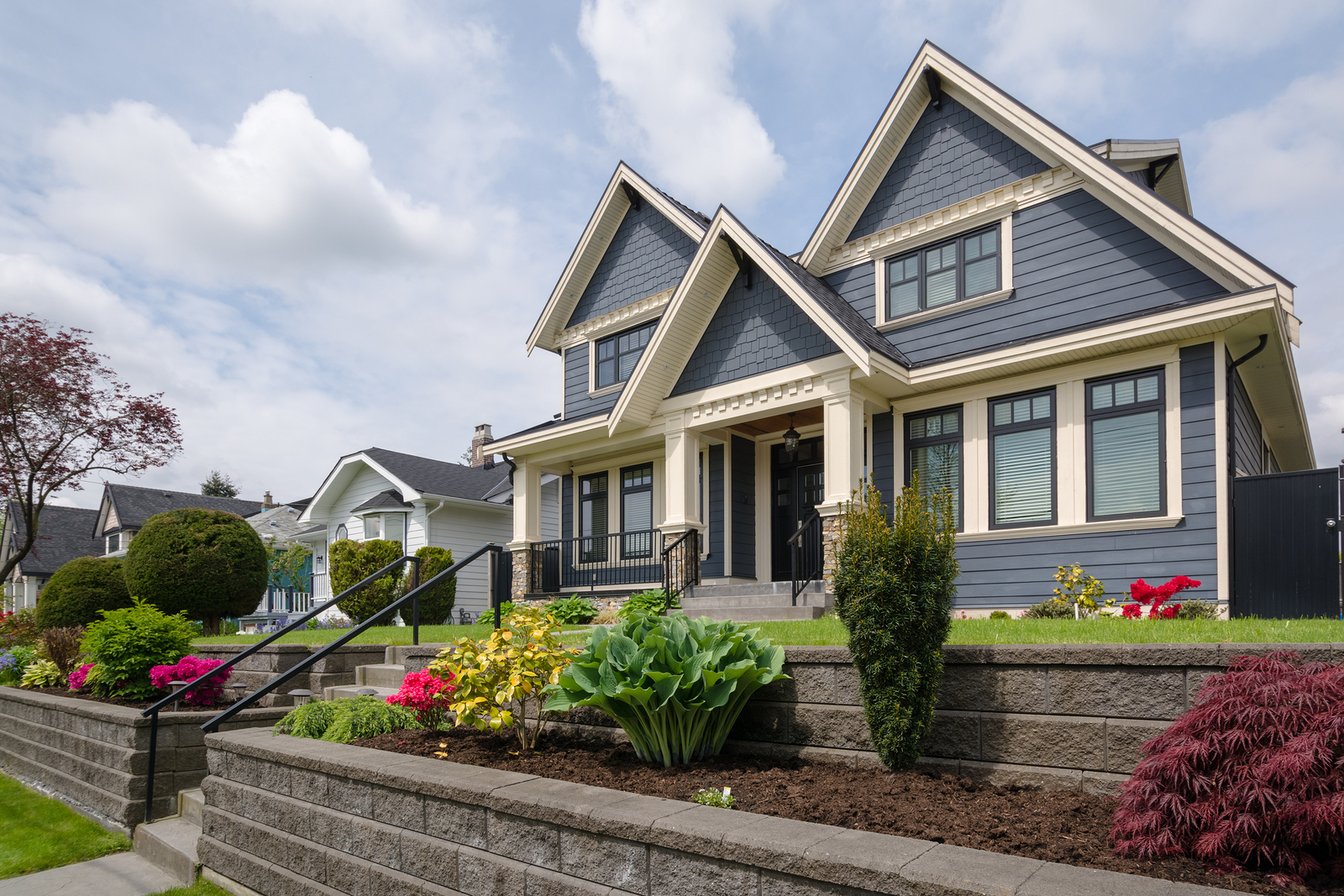Houses a bit like your kids’ shoes – before you know it, they don’t fit anymore.
And, while we never hear folks say they regret having children, we often hear that they wish they’d bought a larger home.
While a growing family is one good reason to think about moving up, there are other aspects to upsizing that offer bonuses you may not have considered.
Larger Homes Offer More
That sounds a bit like a “well, duh” comment, but bear with us.
We aren’t just referring to the extra square footage here. Think about roomier closets, glorious amounts of storage space, the ability to comfortably house out-of-town guests and more elbow room in which to find a bit of privacy when you need it.
If you made a priority list to refer to when you shopped for your current home, you no doubt ended up making compromises. When you upsize, however, you’ll find that both of you (and maybe even the kids) will finally get some of the options you dreamed about but had to give up.
Finally, a larger home offers the option of growing into it. You may not be currently thinking of having another child or offering a room to an aging parent, but isn’t it nice to not have to consider moving again should either of these come to pass?
The financial benefits of a larger home
Depending on the equity you have in your current home, you may be able to keep your house payment quite close to what you’re paying now. After all, that equity will go a long way to cutting down on the initial cost of the new home.
Then, consider this: money has rarely been cheaper to borrow than it is right now. If you make the move now, before interest rates increase, you’ll save significantly when it comes to your monthly mortgage payment.
Then, consider the resale value of the new home. In 2016, for instance, the average American home included 2,400 square feet of living space, according to the Census Bureau.
And a National Association of Homebuilders survey finds that most older members of our largest generation, the Millennials, prefer living in a home with at least 2,475 square feet of living space with either three or four bedrooms and a minimum of two bathrooms.
So, look to the future, because it looks quite rosy for owners of larger homes. Demand should be high enough to mean more money in your pocket when you decide to sell.
Upsizing: Get clear on your goals
You already know you want a larger home, but it’s important to understand your other goals. As discussed earlier, the amount of room you need right now will change if you plan on growing your family or take in an older family member.
And, if you have children, consider how close you’ll need to live to schools.
Other goals to consider include:
- Your commute time to work
- Desired nearby amenities
- The type of floor plan you’ll need to accommodate your family’s lifestyle
Need to save money? Shop strategically
The more move-in ready a home is, the more competition you’ll encounter when shopping for homes, and competition drives up home prices. If you’re on a tight budget, overlook those turnkey properties and search for a home that many need some simple upgrades.
Once you’ve settled on a neighborhood or two, buying one of the worst homes on the block can be a good financial strategy. It’s the old “rising tide” adage – the surrounding homes will lift the prices of all the homes in the neighborhood.
If a home is sitting on the market because of cosmetic issues, and priced accordingly, consider looking at it to see if it meets your needs.
Sure, there’s a lot to consider about upsizing. But, take the process one step at a time and you’ll not only get rid of some of the stress, but find that moving up is one of the best decisions you’ve ever made.





